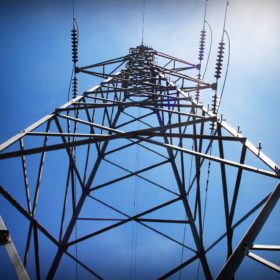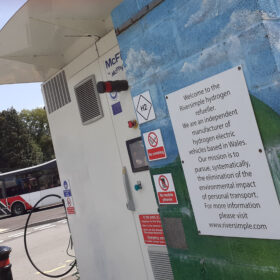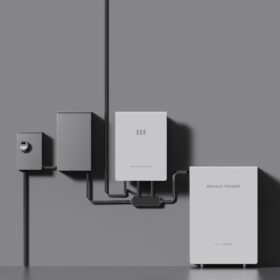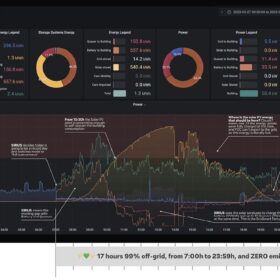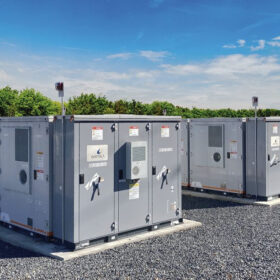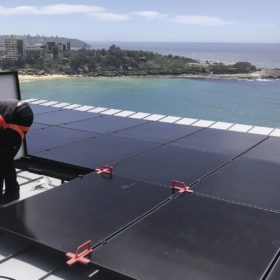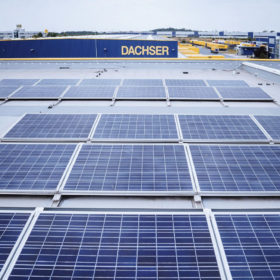Octopus Energy introduces new residential heat pumps
Octopus Energy has developed new residential heat pumps, with plans to initially market a 6 kW version, followed by larger models in the near future. The UK-based company makes the heat pumps at its facility in Craigavon, Northern Ireland.
What can Western utilities learn from emerging-market peers?
While electric companies in the Global North wrestle with how to keep the lights on as ever bigger solar and wind park capacities come online, developing-world utilities are experimenting with new ways of working and transforming the relationship between themselves and millions of new customers.
Green hydrogen offtakers can shape the industry’s development
With strong government backing; a systems approach to development that views each component of hydrogen production and delivery as a whole; and growing demand, Australia could be on track for a commercially viable green hydrogen industry by 2030.
Mango Power introduces 12 kW / 15 kWh whole home battery
The Mango Power M includes a hybrid inverter with 18 kW solar input and can be paired with an electric vehicle charger.
Weekend Read: It’s time to get Sirius
In a bid to avoid costly grid augmentation, Spanish electric vehicle (EV) charger supplier Wallbox has designed a multi-layered energy intelligence solution – proving that necessity is the mother of invention.
Unify data to reduce complexity
The volume and complexity of data generated by renewables sites is growing, as are the regulatory requirements regarding its collection and delivery. Here’s how modern asset management systems can deliver better functionality and management to project operators and owners.
Intersolar 2023: Brand New
pv magazine is on the ground bringing you the latest developments from this year’s three-day European solar shindig in Munich.
Weekend read: Pathfinders for grid stability
Non-synchronous renewable energy affects grid stability but storage-as-transmission (SAT) assets offer grid companies a trump card. Whether it’s “virtual transmission” in Australia, Germany’s “Grid Booster” program, or the giga-scale pipeline of projects emerging in the United Kingdom, energy storage is finding a way.
Making the business case for solar-plus-storage
Much has been said about the benefits installing solar and batteries can offer to businesses but, as companies face mounting input cost inflation, is the upfront investment too much to bear or have volatile electricity costs made the decision a no-brainer?
Weekend Read: From diesel to DC
For a long while, it looked as if hydrogen fuel cells would be the technology of choice for emissions-free road transport. However, truck manufacturers and freight forwarders recently turned their attention to battery-electric vehicles. This will require special charging technology and PV looks set to play an important role.

